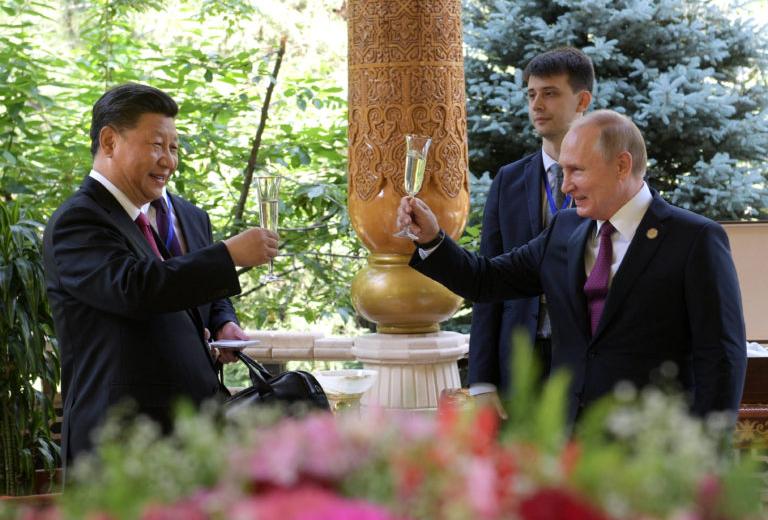Leonardo Dinic
Expert in Geopolitics and International Business, the Future of Work, and Emerging Technologies
Aug 23, 2019
Chinese foreign direct investment in the US has seen a profound decline over the past few years, but President Trump’s unorthodox methods do not account for the entirety of the issue.
Aug 14, 2019
Over the next decade, new perspectives on sovereignty, human rights, and intellectual property will revise current legal norms. We are not in a ‘Cold War,’ but Beijing is courting US allies away from liberal democracy with investment, as globalization and its growing pains prove unpopular and spread populist politics across the globe.
Jul 15, 2019
President Trump must convince US allies of his positions toward Iran, or risk appearing as an erratic rogue actor while China and Iran seek to preserve a familiar status quo.

Jun 21, 2019
While the United States bickers with allies in Europe and along its southern border, Russia and China agree on new economic and political partnerships which oppose global US hegemony.
Jun 04, 2019
As Huawei hysteria develops, Western governments and their media systems present China as an ideological adversary opposed to traditional US views on privacy. In doing so, is Washington pitching China as a new and more dangerous opponent of western liberal democracy?
May 29, 2019
The days of guns, germs, and steel are over. Now, data, surveillance, and databases reign. The US should match Beijing’s long-term plans for AI and national intelligence goals if it is to remain a global economic and political leader.
Apr 26, 2019
Greece’s recent decision to join China’s 16+1 initiative signals that cooperation between China and the Central and Eastern European Countries (CEEC) is strengthening. While both the BRI and 17+1 should remain vulnerable to criticism, the summits are building diplomatic bridges between European nations, while simultaneously expanding China’s influence.
Apr 02, 2019
As EU dependency relationships adjust to changes occurring in geopolitics and world commerce, member states will explore deals with China and Russia at the expense of Washington’s preferred global order.
Feb 26, 2019
Hungary prides itself on proclaimed neutrality and Budapest’s foreign policy takes a mixed approach between the West and the East, but will Europe follow suit?

Feb 01, 2019
In the era of digitalization, China is leading the world in e-commerce and mobile payment technology while the US is struggling to modernize outdated retail systems.
